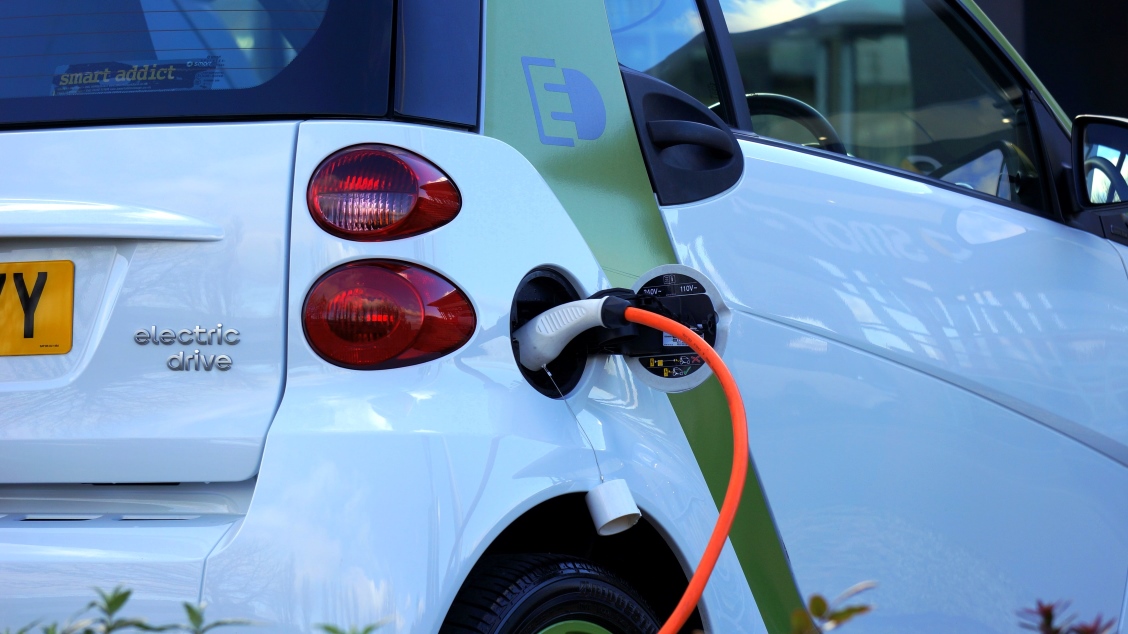
The Rise of Electric Cars
Electric cars are becoming a highly relevant topic in the field of sustainability, as well as in science more generally. Let’s explore the rise of electric cars and the research being published on them.
Research on electric cars
The MDPI journal World Electric Vehicle Journal (WEVJ) is the first ever peer-reviewed, international, scientific journal dedicated to all aspects of electric vehicles and their creation.
The most popular paper is ‘Charge for Less: An Analysis of Hourly Electricity Pricing for Electric Vehicles’. The Abstract has been viewed 12,475 times. It details how a pricing strategy to incentivise people to charge their vehicles at certain times—like when supply is greater than demand—could have economic and environmental benefits.
Furthermore, there is also a section of the journal Energies titled “Electric Vehicles”, which publishes relevant research. Some of the research focuses on how electric vehicles are becoming more popular.
Rise of electric cars
Until recently, cars powered by fossil fuels, such as petroleum and diesel fuel, were considered the most obvious option for personal transport. But did you know that electric vehicles actually predate fossil fuel-powered ones?
The electric vehicle was invented thanks to successive advances in the 1800s. It had moderate popularity in cities. In 1908, Ford invented their Model T, the first mass-produced automobile. This was a revolutionary innovation that quickly changed the industry. Four years later, in 1912, fossil fuel-powered cars became so cheap that electric cars could not compete.
This trend is now being turned on its head, thanks to increased consciousness about the environment and the rebranding of electric cars as luxury items.
Electric cars start taking over
Electric cars are starting to reclaim the market. The use of electric cars has increased dramatically over the past 10 years. Worldwide electric passenger car stock was minimal in 2010, just over a million in 2015, and over 10 million in 2020.
This rise is expected to continue. The Special Issue ‘Trends in the Development of Electric Vehicle’ presents research covering the ongoing development of electric cars. And there are many benefits to this growth.
They are understood to be better for the environment. Fossil fuels like petroleum and diesel fuel produce hundreds of times more waste than electric cars. This is because electric cars do not emit exhaust fumes like fossil fuel-powered cars do.
Sustainability
In the 21st century, an increased global awareness of environmental issues has also led to changes in technological innovation and governmental regulations.
In many countries, the use of electric cars is becoming law. Then, in December 2019, France passed a law to phase out petrol and diesel cars by 2040. In Japan, it was recently announced that the subsidies on electric vehicles will be doubled there. However, for many, electric cars are still out of reach. This is due to the high cost of buying an electric vehicle. In media and advertising, they are currently depicted as being high-status products that can only be afforded by the wealthy.
The paper ‘A Review on Electric Vehicles: Technologies and Challenges’ in Smart Cities provides an overview of the difficulties associated with the rise of EVs, particularly the expensive nature of large battery packs. Like with all new tech, the high price of electric cars is expected to drop as they become more frequent on the market.
MDPI has over 400 journals, so you’re bound to find a home for your research. See our full list of journals if you are interested in submitting.










